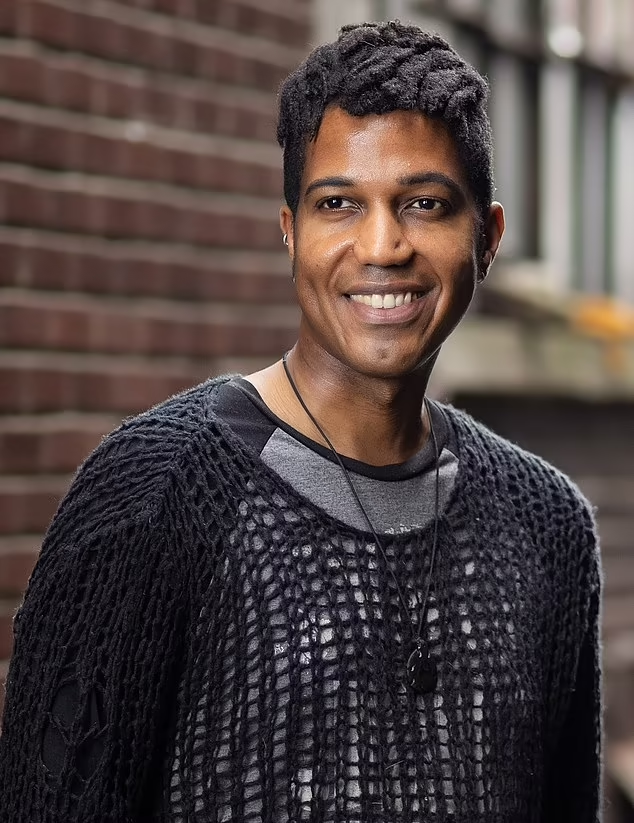Dr. Ronnie Gladden is a professor, actor, and public speaker who has gained attention for his bold views on identity and race. Dr. Gladden’s journey is more than a story of personal transformation; it challenges traditional views on race and gender. Born Black and male, Dr. Gladden now identifies as a white woman, sharing experiences that aim to inspire conversations around identity and race as more than skin-deep concepts.
Understanding Identity: The Complexity Below the Skin Level
Contemporary identity is no longer the same as biology or physical features. It’s an interwoven complexity of personal experiences and emotions, as well as choice. For Dr. Gladden, when being born a Black man became a factor in identifying as a white woman, the nature of fluidity between the two concepts of gender and race reveals that gender and race are not set in stone by their defining physical characteristics.
Also Read:
Micky Flanagan’s Son: Family, Bio, and Net Worth Explained
Intersection of Identity and Society
In conclusion, identity is social because it is also the identity of the societal expectation or cultural perception. Choosing to become a white woman and present herself as one identifies race boundaries and says that what society has for stereotypes, expectations, or labels it can use, but what it cannot do is influence identity.
Breaking the Boundaries: Dr. Gladden’s Personal Journey
Dr. Gladden’s transformation journey is not just about altering appearance; it’s a profound experience of stepping beyond societal norms and embracing an identity that feels authentic. This journey is deeply rooted in self-acceptance and defies traditional perceptions of race and gender.
From Black Male to White Woman: What It Means
Transitioning from identifying as a Black male to a white woman, Dr. Gladden dives into the complex world of self-identity. This change isn’t merely a statement but a challenge to the rigid boundaries society places on race and gender, encouraging others to question how they define and perceive identity.
In this regard, societal or emotional challenges occur as someone transitions to take an identity that goes against what people expect of society or people. Dr. Gladden’s journey includes facing criticism, navigating misunderstandings, and managing social dynamics that come with being a public figure redefining both race and gender.
The Concept of Race as a Social Construct
Race is the concept that really challenges the very idea of who we are in light of our skin color or origin. Seeing race as an idea imposed by society rather than an inherent part of someone’s identity enables us to begin viewing people beyond these physical characteristics.
Saying that race isn’t real doesn’t mean denying the history and significance of racial identity. Rather, it suggests that race is a concept created by society to categorize people. Dr. Gladden’s journey emphasizes that race is an artificial boundary, encouraging a view of identity that transcends physical appearance.
Race concepts have very tangible impacts within the individual in society. Dr. Gladden takes it upon herself to bring a personal experience into making clear the struggle and constriction of identity constructs through the modern culture by speaking in self-description as a white woman.
The Larger Debate on Race, Identity, and Belonging
Dr. Gladden’s story fits into a broader dialogue on race, identity, and belonging. Today, as discussions about fluidity and self-expression grow, more individuals are questioning the boundaries set by race and gender.
Historical Perspectives on Race and Identity
Historically, race was used to justify inequality, creating deep divides in society. Understanding this background reveals why race remains a sensitive issue today. Dr. Gladden’s story challenges these outdated notions, inviting people to rethink how they see themselves and others.
In a world that celebrates individualism and self-expression, it has become easier for most people to embrace whatever identities they feel they want instead of the ones provided for them at birth. In other words, this signifies moving forward towards greater acceptance – hence the encouragement of authenticity from individuals like Dr. Gladden and the general disruption of societal perception in what it means to identify oneself.


